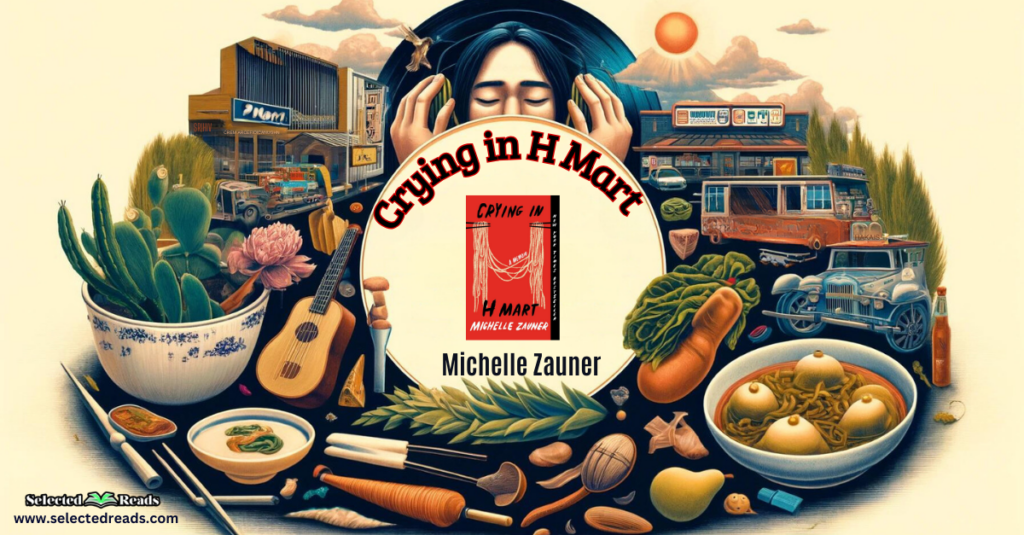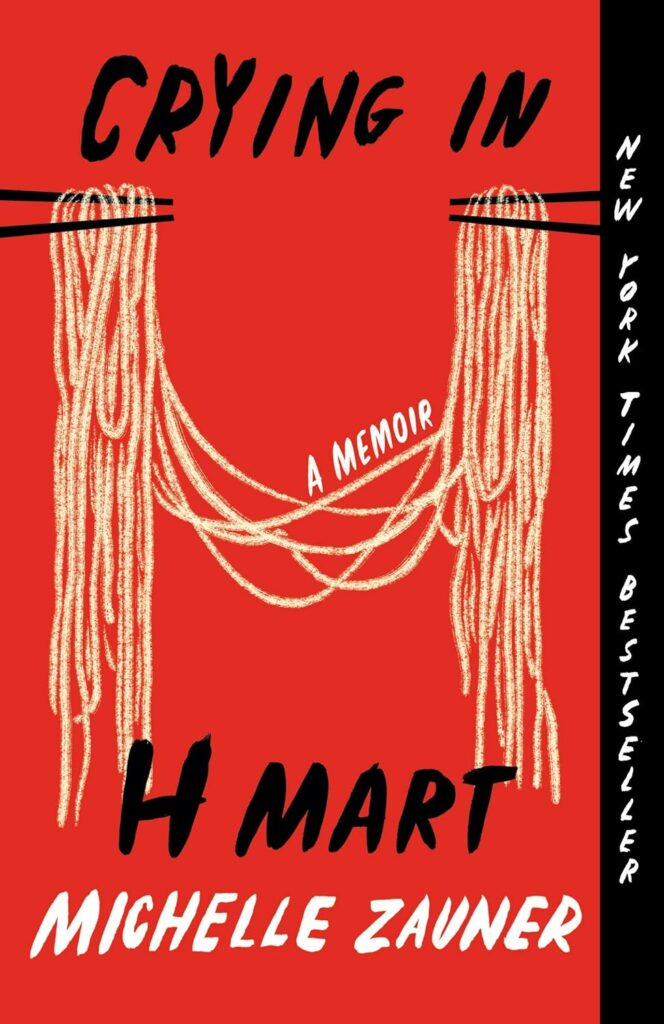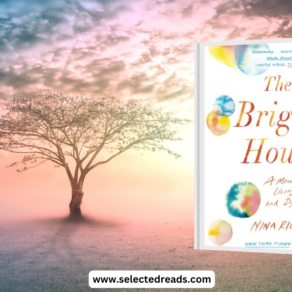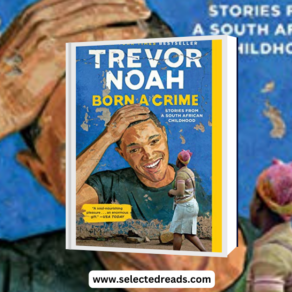I’ve always had a soft spot for memoirs. There’s something about stepping into someone else’s shoes, seeing the world through their eyes, that I find incredibly enriching. With each memoir I delve into, I come away with something new—be it discovering important things about people’s resilience and strength, or learning from their vulnerabilities and triumphs. It’s like collecting pieces of wisdom from lives I’ve never lived, and I cherish each one for the unique perspective it brings to my own life journey.
In today’s post, I’m excited to share with you a memoir that has touched me profoundly: “Crying in H Mart” by Michelle Zauner. This book will take you on a journey through grief, identity, and the unbreakable bonds of family, all intertwined with the rich, sensory experiences of food.
I’ll start by giving you a summary of the memoir to set the stage for our discussion. Following that, I’ve crafted a list of book club questions designed to spark deep and thoughtful conversation about this poignant story.
Related: Anne Frank Diary Summary and Discussion Questions
Crying in H Mart Summary
“Crying in H Mart” is a poignant and deeply personal memoir by Michelle Zauner, where she navigates the complexities of identity, grief, and the intricate bond between mothers and daughters through the lens of food and culture. The story unfolds with Michelle growing up in Eugene, Oregon, as one of the few Asian American kids in her school. This backdrop sets the stage for her struggles with her mother’s high expectations and her own quest for identity amidst the cultural nuances of being Korean American.
Michelle’s narrative takes us through her painful adolescence, marked by a quest for self and a grappling with her cultural identity. This journey is punctuated by summers spent in Seoul with her grandmother, where late-night feasts become a medium for Michelle and her mother to bond and communicate in ways that transcend language and cultural barriers. These moments are cherished memories that Michelle holds onto, forming the core of her connection to her Korean heritage.
Photo: Amazon
As Michelle matures, she moves to the East Coast for college, where her experiences broaden and her identity continues to evolve. She finds herself working in the restaurant industry and diving into the world of music with her fledgling band, Japanese Breakfast. It’s during these formative years that she meets her future husband, further shaping the life she envisions for herself. However, despite these advancements, Michelle feels her Koreanness slipping away, becoming something distant, something from her past.
The turning point in Michelle’s journey comes with her mother’s terminal cancer diagnosis when Michelle is twenty-five. This devastating news forces Michelle to confront her identity and her relationship with her mother head-on. She embarks on a journey of reclamation, seeking to understand and embrace the gifts of taste, language, and history her mother bestowed upon her. Cooking becomes a therapeutic act for Michelle, a way to reconnect with her mother and her heritage. Through recreating the dishes that once brought them together, Michelle finds a pathway to healing and self-discovery.
Michelle Zauner’ s writing in “Crying in H Mart” is both vivid and evocative, bringing to life the flavors, smells, and textures that define her experiences. The memoir is a powerful reminder of the cultural and communicative strength of food and how the latter can be a means of communication, memory, and identity. It’s a narrative that explores the depths of grief and the resilience of the human spirit in the face of loss. Through her story, Zauner offers readers a glimpse into the complexities of family dynamics, the bittersweet nature of growing up, and the enduring love between a mother and daughter.
Crying in H Mart Book Club Questions
Here are some questions designed to spark engaging and insightful discussions:
- Exploring Themes of Identity: How does Michelle Zauner navigate her Korean American identity throughout the memoir? Discuss how her relationship with her identity evolves from childhood to adulthood, especially in the context of her family dynamics and cultural experiences.
- The Role of Food: Food plays a central role in “Crying in H Mart.” How does Zauner use food as a means of connecting with her heritage and coping with grief? Share a moment from the book where food helped convey a deeper understanding of Zauner’s emotions or relationships.
- Mother-Daughter Relationship: The memoir delves deeply into the complex relationship between Zauner and her mother. Discuss how their relationship changes over time and the impact of her mother’s illness on their dynamics. Can you find parallels or significant differences in your own familial relationships?
- Grief and Healing: Grief is a pervasive theme in the memoir. Discuss the ways in which Zauner deals with her grief. How do her coping mechanisms evolve, and what does the memoir say about the process of healing?
- Cultural and Generational Differences: Zauner’s experiences highlight the nuances of navigating cultural and generational differences within a family. Discuss how these differences impact her relationship with her mother and her personal growth.
- The Role of Music: Besides food, music is another significant aspect of Zauner’s life. Discuss how her music career influences her identity and her journey through grief. How does her passion for music reflect her inner world and struggles?
- Language and Communication: Language plays a crucial role in the memoir, both as a barrier and as a bridge. Discuss instances where language influenced Zauner’s relationship with her family and her connection to her culture.
- Legacy and Memory: How does Zauner grapple with the concept of legacy and the importance of memory in preserving her mother’s spirit? Discuss how the act of writing this memoir might serve as a part of her healing process and a way to honor her mother’s memory.
- Cultural Representation and Stereotypes: Zauner’s story contributes to the broader conversation about Asian American representation in literature. Discuss how “Crying in H Mart” challenges or reinforces cultural stereotypes and what it adds to the narrative of Asian American experiences.
- Impact on Readers: How did “Crying in H Mart” affect your understanding of grief, identity, and family dynamics? Were there any moments or themes in the book that particularly resonated with you or changed your perspective?
Related: A Child Called It Summary
Final thoughts
In wrapping up the reflection on “Crying in H Mart,” we come away with a piercingly tender narrative that delves into the depths of Michelle Zauner’s soul, an honest traverse through the jagged edges of loss and the comforting embrace of cultural reconnection. The memoir is a compelling ode to the complexities of family ties, an immersion into the rich tapestry of Korean-American existence, and a profound acknowledgment of food’s unspoken power to bridge the gaps between who we were, who we are, and who we aspire to become.








